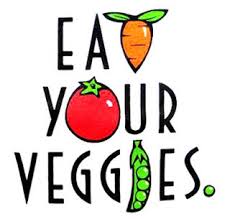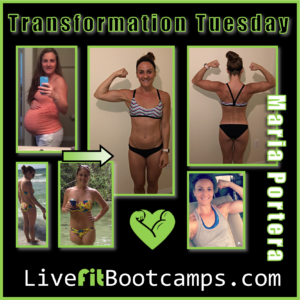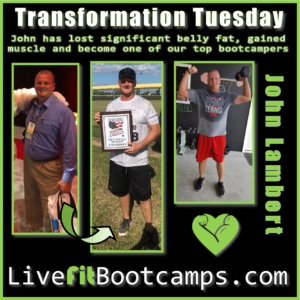One question that seems to come up during nutrition consults is which is best; frozen, fresh or canned? In school they always teach about vegetables, but never which is best. It seems common sense that “fresh is best”, but is there really a difference?
A busy lifestyle or budget may not always allow us to have fresh vegetables all the time.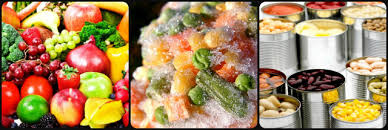
Here are the benefits and drawbacks of fresh, frozen, and canned vegetables:
First of all, no matter which way you buy it, a vegetable is always going to contain carbohydrates, protein, vitamins, minerals, fiber, and other plant chemicals.
These plant chemicals are known as “phytochemicals,” all of which are good for us no matter what.
You’ll be happy to know that none of these nutrients are completely lost from processing!
While I feel that fresh veggies are optimal, they may lose nutrients before you even get to eat them.
Raw vegetables lose some vitamins just by sitting around. It could take up to two weeks from the time they’ve been picked until they reach your plate. By this time, 10 to 50% of the less stable nutrients may have disappeared!
Still, raw, lightly prepared, or minimally processed veggies (and fruits) often have a higher nutrient value than well-cooked ones. To help preserve the nutrient content of veggies (and fruits) during cooking or other preparation:
Stick with shorter cooking times and lower temperatures.
Cook with little or no water to help retain water-soluble vitamins, such as vitamin C and the B vitamins. For example, steam or microwave rather than boil. To limit exposure to heat when cooking this way, wait until the water is boiling before adding veggies.
Frozen and canned vegetables are often processed shortly after they are picked, so that nutrient loss would not occur during shipping, on the grocer’s shelf, or in your home.
Frozen vegetables actually retain a high proportion of their original nutrients. Sometimes, though, they are blanched (dipped in hot water), which preserves color and texture, but may compromise some vitamins. In order to avoid extra calories, salt, and/or fat, choose frozen vegetables without added sauces or cheese.
Sodium is often added to canned products. A portion of this may be rinsed off with water, or you can choose the low sodium or no sodium that are often available (check the label!).
Also, you may think that taking nutritional supplements are a quick and easy replacement of getting the nutrients you need. But, a healthy balanced diet rich in veggies and fruits can offer you much, much more than these supplements ever could, such as phytochemicals, which could protect against heart disease, CANCER, other illnesses, and who knows what else?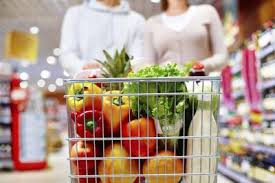
Beneficial substances such as these are found in vegetables no matter what form they are in. Choose fresh, frozen, or canned to fit into your lifestyle.
Buy fresh items that you think you’ll use soonest. Buy frozen items that you’ll get to eventually. Buy canned of what you rarely eat but might need in a recipe one day.
Select any type that you’ll enjoy eating.
The number of servings needed in a day varies depending on your age and other factors, however, adults generally need about 2.5 to 3 cups of vegetables and 1.5 to 2 cups of fruit each day.
If you are one of those die hard, fresh, organic, farmers market, local grown only people…I appreciate your passion but, I’m a cheapskate and hate throwing away vegetables every week that I had the best intentions of eating!
Committed to your fitness success and the next phase of your journey,
Michelle Kuryliw
CFO Bitch 🙂
Try the ultimate fitness experience of my fitness bootcamps. Every night is a new challenge of athletic and explosive training for all ages, previous injuries and ability levels.
Get your first 2 weeks for only $1, No Catch, No Gimmicks…Just Results: https://derekkuryliw.com/
Have a question for me? I’d love to hear from you. Please fill out the form below and I’ll reply back as quickly as possible!

